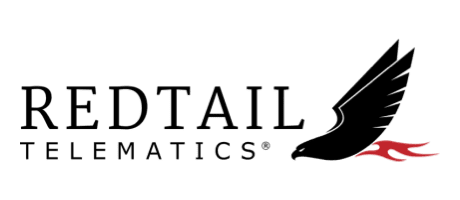Benefits of a Solution
Aeris’ global support of major cellular technology standards, such as GSM, CDMA, and LTE, help enable customer flexibility, opening new connectivity avenues, along with the potential for growth across the globe. To that end and after rigorous initial testing, Redtail found that Aeris was the perfect fit as it could utilize multiple networks from one SIM and, consequently, enable Redtail to switch networks in the event of an outage.
Aeris’ technical and contractual flexibility ensures Redtail is not charged for devices when they are not in use. This enhances Redtail’s business model by enabling the company to be more competitive in terms of price, as well as its ability to provide differentiated solutions to match individual customer needs.
Redtail can provide clear communication to both consumers and dealers at the right time with the right information. For example, it has the ability to post alerts on OEM apps when there is a red flag around a vehicle’s battery life, stopping dangerous issues from arising by catching the problem and resolving it before it escalates.
For global deployments, Aeris offered a single SIM that works in more than 180 countries. With a single connectivity management portal (AerPort) for managing every device, Redtail has one login for billing, support, APIs, VPN, and more. And everything is backed by a top-rated customer support team dedicated to success.
With this technology support, Redtail has been able to tap into new markets within the automotive insurance industry.
The quality and accuracy of the data captured by Redtail devices—thanks to the connectivity flexibility of Aeris SIMs—provides more insights than ever before. Not only does this level of connectivity allow Redtail to collect data on performance, but it also unlocks a supportive capability for OEMs, making service more relevant and reassuring.
This level of connectivity means Redtail can provide accurate insights that help inform insurers of driver risk. The data can be used retrospectively to determine premium costs via behavior across a six-month period, or to intervene, helping to identify where a driver could pose a risk and coach them towards better driving habits and, ultimately, improving road safety.
Redtail now has the opportunity to work with local authorities and highway agencies to improve roads. Due to the granularity of the data, Redtail can inform authorities on everything from potholes that are causing driving issues to the reasons behind why people are having accidents on particular motorways.
Redtail is in position to meet the growing demand for UBI because it can provide its insurance customers with reliable connectivity for data transmission, regardless of their location and without the fear of a damaging network outage. This growing demand for telematics-based UBI is not isolated to UK or U.S. markets. The Aeris carrier-agnostic solution has allowed Redtail to unlock UBI potential in other markets, such as North Africa and Asia Pacific.
